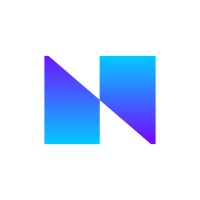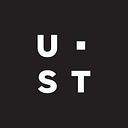Companies that use Gradle
Gradle is a build tool with a focus on build automation and support for multi-language development. If you are building, testing, publishing, and deploying software on any platform, Gradle offers a flexible model that can support the entire development lifecycle from compiling and packaging code to publishing web sites.
23,777
companies













